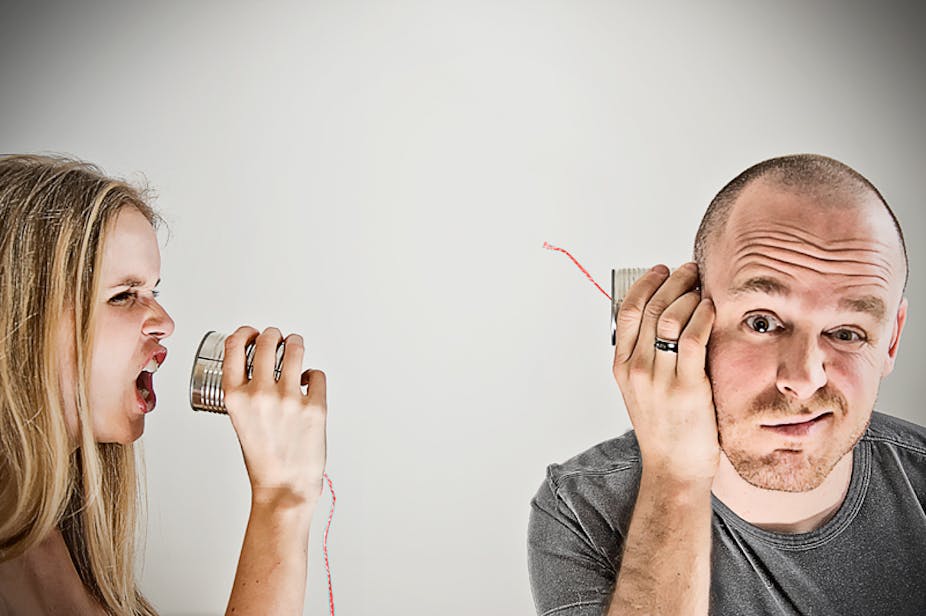Social media provokes some of the most voluminous and heated responses in two key areas of contemporary society – democracy and privacy. Promoting the first and threatening the second, social media is credited with ending illiberal governments and ostracised for making it nigh on impossible to keep anything a secret.
But a large online crowd, ironically, might be a great place to hide a private life but not so good for fostering participatory democracy.
The cabbie principal
This sounds counter-intuitive. Social network sites, we are regularly told, undermine the capacity of authoritarian rulers to control public information and provide virtually unrestricted spaces for democratic movements to organise and express dissent. This is not in dispute but, as Egyptian pro-democracy organisers told the BBC’s Mishal Hussein in the aftermath of the revolution, the internet was not enough.
First, not nearly enough Egyptians engaged online. Organisers turned to a more traditional form of networked communication – Cairo’s taxi drivers. By openly discussing, on mobile phones in the back seats of cabs, their plans for mass mobilisation, Egyptian activists relied upon the notoriously gossipy cabbies to pass on the news to other passengers and other drivers. Word of mouth still works.
Second, those internet activists engaged online were glued to their screens until the Egyptian government pulled the plug. Eager for news, they left their lounge rooms and cafés and went to the streets. The transition from screens to streets transformed the revolution from virtual to physical.
Don’t drink and tweet
Online threats to privacy come from two sources. The first is from personal data gathering by the sites themselves. The second threat, which I will focus on, is from the social media users. Never before has it been possible for the intimacies of our lives to be laid bare for the whole world and for all time. The drunken tweet turns an embarrassing mistake into a public shame, perhaps an illegal, defamatory act.
In the public mind, one of the direst examples of public exposure is the publishing of naked or sexual photographs of children. Sexting, the sharing of intimate, sexualised photos between present or potential lovers, is currently the source of consternation if not outrage – especially when teenage girls are involved. (This is despite gay adult men being the most avid sexters.)
Reputations can be ruined, and legal consequences are severe. An image taken as a private, intimate act becomes an indecent (and potentially illegal) act when sent. When shared (consensually or otherwise) using social media, it becomes a grave, unrecoverable public humiliation. This is true even if you send a picture of yourself.
Changing society
There’s a relationship between democracy and privacy, and it is changing the nature of the political relationship between the individual and society.
One way to understand this is to consider the audio dynamics of cocktail party conversations. As Wired Magazine helpfully pointed out, there is a precise formula for the right number of people in any given party. It depends on the size of the room: no more than one person per 21 square feet. Too many voices, and the decibel level of the conversation next to yours will be such that you have to raise your voices, raising the volume of the noise in the room which requires everyone else to do the same and it gets noisier and noisier.
Take the analogy online. Try holding the attention of an audience online for any length of time when there are so many distractions in the form of other online conversations. One solution is to get louder – upping the rhetorical ante, posting the most scandalous images or outrageous claims. This prompts other online groups vying for the attention of your group to adopt similar tactics and like the party noise a rhetorical chain reaction ensues.
Bigger doesn’t mean better
If we think of the internet as a virtual public sphere, and take an approach inspired by Jürgen Habermas which places importance on sustained, civil and rational debate, the prospects for online democracy are not improved by large-scale participation on social media.
One of the earliest protests against Facebook, Harvard New Media researcher Danah Boyd outlines, was not about data security, but about Newsfeed. When newsfeed first appeared, previously “private” information – your relationship status, who you had “friended” and so on – become suddenly “public” to the rest of your friends.
To return to the party, it was like we were having a private chat in a small group when everybody else suddenly stopped talking and our voices were immediately loud enough to be heard. An intimate or quasi-private conversation among friends becomes a public announcement to a party of strangers.
Combining these two ideas suggests that the prospects for online democratic increase qualitatively when we limit the quantity of people who are involved, but that the risks of unwanted public exposure increase when we limit the number of online voices sheltering our private conversations.

